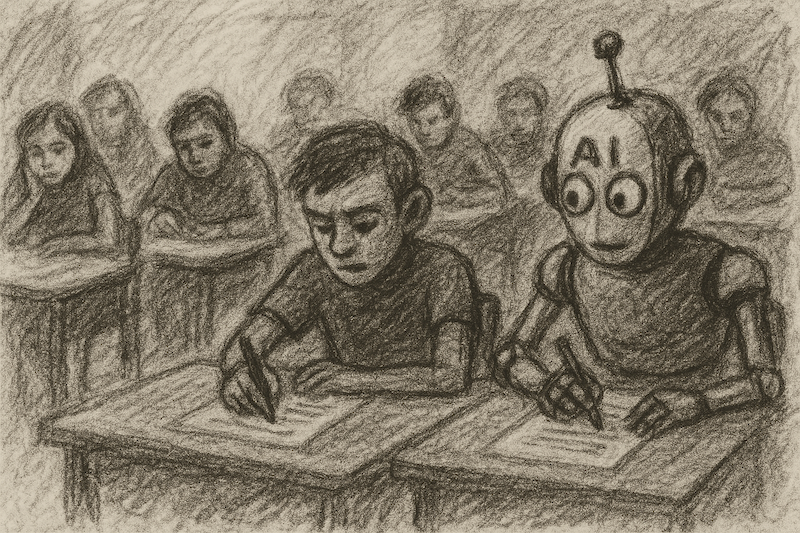Associate Teaching Professor
Carnegie Mellon University

I've been talking with other professors about how they're handling AI use in their courses. Some are trying to AI-proof their homework while others are leaning into it. Here is a summary of what I have heard so far:
Raise the bar. Since AI can unlock new abilities or speed up existing ones for students, assignments can be far more complex.
Head in the sand. Some professors have either banned AI use on their assignments or said that if students want to rob themselves of learning, then they can do so.
Underspecify. If you specify a programming assignment in great detail (e.g., expected inputs and outputs), it isn't surprising when AI can one shot it, leaving little of interest for the students to do. But if the assignment is open ended, it provides opportunities for students to think critically about the desired outcome and how to prompt the AI to get there. Credit to Michael Hilton after seeing him present on this approach.
Paper assessments. Other faculty are moving back to in-class tests on paper without any electronic devices.
Oral assessments. Students must come to office hours to talk about their solution. Can they convince the TA/professor that they understand their own code?
Process, not results. Instead of grading the end result of an assignment, grade their adherence to a process. Team meetings, weekly PRs, code reviews, participation, presentations, etc.
ChatGPT conversations. Some courses even require the use of ChatGPT for assignments. Students are graded in part on their conversation logs. Custom GPTs can make this interesting.
What do you think would work?